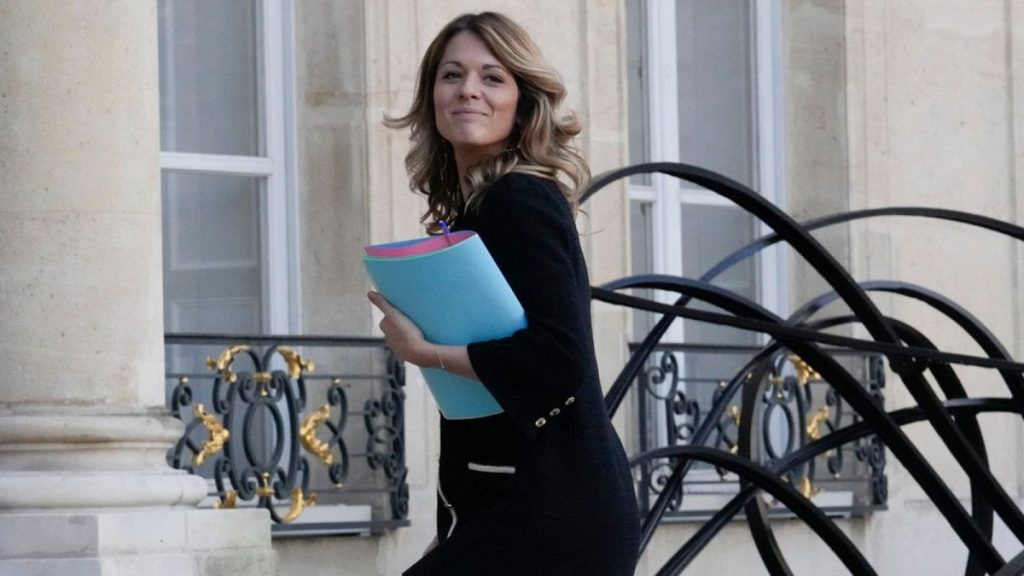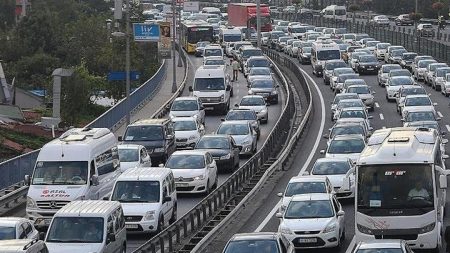The French government is planning to introduce a new immigration law by early 2025, as announced by spokesperson Maud Bregeon on BFMTV. This move comes shortly after the passage of the previous immigration bill in January 2024, which faced opposition within Parliament and President Macron’s coalition. The new bill will include measures to extend the detention period for undocumented migrants considered a threat, from 90 days to 210 days. Bregeon stated that the government is open to considering other provisions in order to address changing security challenges. Interior Minister Bruno Retailleau’s stricter measures have been defended by Bregeon, who emphasized the importance of adapting to ensure public safety.
The previous immigration law passed in 2024 faced opposition within Macron’s camp and even resulted in the resignation of Health Minister Aurélien Rousseau. The new measures in the upcoming bill will also aim to tighten the rules for regularising undocumented migrants, especially in family cases. The government plans to reconsider articles that were previously rejected by the Constitutional Council in order to align the law more closely with right-wing proposals. Despite having a majority in Parliament, the government has stated that it will not actively seek the support of the National Rally party led by Marine Le Pen, whose hardline stance on immigration is non-negotiable. Instead, the executive intends to engage with all parliamentary groups to achieve a broad consensus on the new bill.
The push for stricter immigration measures may further divide the French Parliament, as the government’s proposals could face opposition from various political factions. The extension of detention periods and limitations on regularisation for migrants are likely to be contentious issues that spark debate and disagreement. Despite facing opposition within Macron’s coalition previously, the government seems determined to move forward with these new measures in the upcoming immigration law. The decision to align the law more closely with right-wing proposals indicates a shift towards stricter immigration policies, which may not sit well with all members of Parliament.
Bregeon emphasized the importance of protecting public safety and adapting to changing security challenges as the government justifies the need for stricter immigration measures. The Interior Minister’s role in ensuring the security of the French population has been highlighted as a key factor in the push for these new provisions. By not excluding any options and being open to considering additional measures, the government aims to address the evolving security landscape and maintain control over immigration issues. Despite the potential for further divisions in Parliament, the government appears resolute in its commitment to implementing these new immigration measures.
It is evident that the French government’s approach to immigration policy is evolving, with a shift towards stricter measures and an emphasis on security concerns. The decision to introduce a new immigration law in early 2025 reflects a continued effort to address immigration challenges and protect public safety. The rejection of working with the National Rally party, known for its hardline stance on immigration, signals a clear direction for the government in seeking a broad consensus on the new bill. As discussions and debates unfold in Parliament, it remains to be seen how the proposed measures will be received and whether they will ultimately be implemented in the final version of the immigration law.















